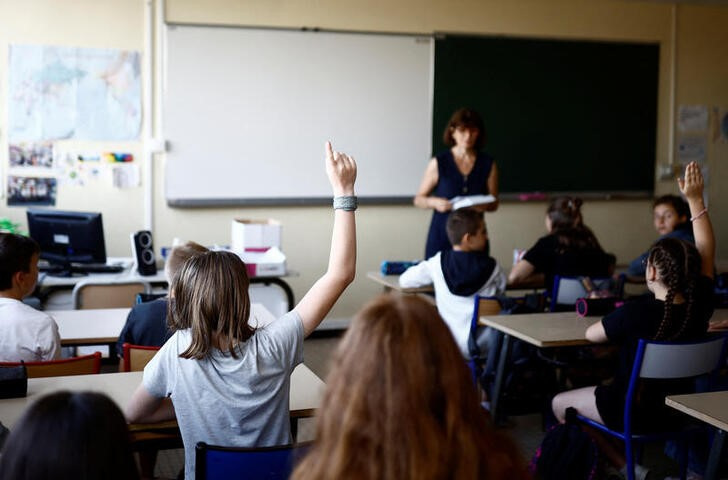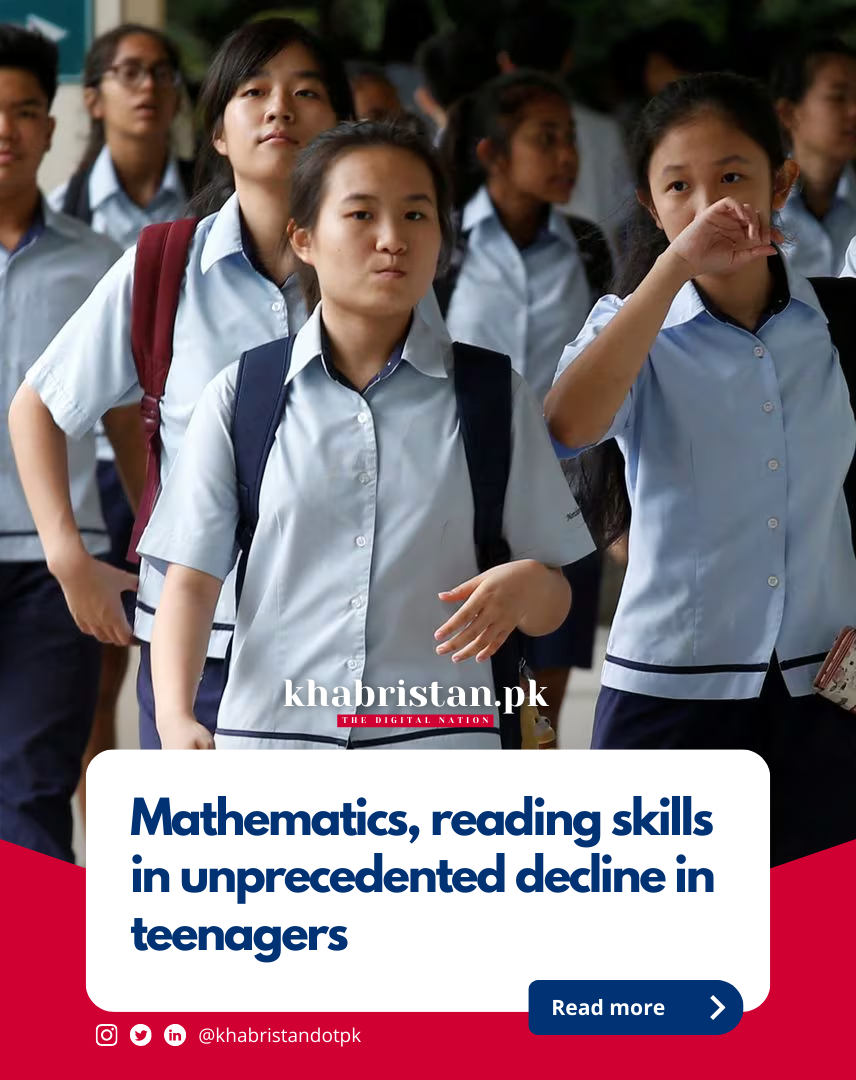Teenagers’ proficiency in mathematics and reading has experienced an unprecedented decline in numerous countries, with COVID-related school closures only contributing partially to the issue, according to the latest survey by the Organisation for Economic Cooperation and Development (OECD) released on Tuesday.

The Paris-based OECD, known for its triennial tests of 15-year-olds’ reading, math, and science skills, observed some of the most significant drops in performance since 2000. Nearly 700,000 youths participated in the two-hour test across the OECD’s 38 developed member countries and 44 non-member nations. This comprehensive study is closely monitored by policymakers as the largest international comparison of education performance.
Compared to the last tests in 2018, reading performance in OECD countries declined by an average of 10 points, while mathematics scores dropped by 15 points, equivalent to three-quarters of a year’s worth of learning. Among the 81 countries surveyed, over half witnessed declines, with Germany, Iceland, the Netherlands, Norway, and Poland experiencing particularly sharp drops in mathematics scores.
On average across the OECD, one in four 15-year-olds tested as a low performer in mathematics, reading, and science, indicating a lack of proficiency in basic algorithms or interpreting simple texts.
While COVID-19 may have played a role, the OECD emphasized underlying structural factors as more significant and likely to be permanent features of education systems that policymakers should address. Countries that offered additional teacher support during COVID-related closures performed better, and positive results were associated with easy teacher access for special assistance. Poorer outcomes were linked to higher rates of mobile phone use for leisure and reported teacher shortages.
The OECD highlighted that the decline was not inevitable, citing Singapore as an example where students scored the highest in mathematics, reading, and science, showcasing results suggesting they were three to five years ahead of their OECD counterparts on average. Singapore was followed by Macau, Taiwan, Hong Kong, Japan, and South Korea in math and science, while Ireland, Japan, South Korea, and Taiwan excelled in reading, even with spending per student no higher than the OECD average.








Leave a Comment